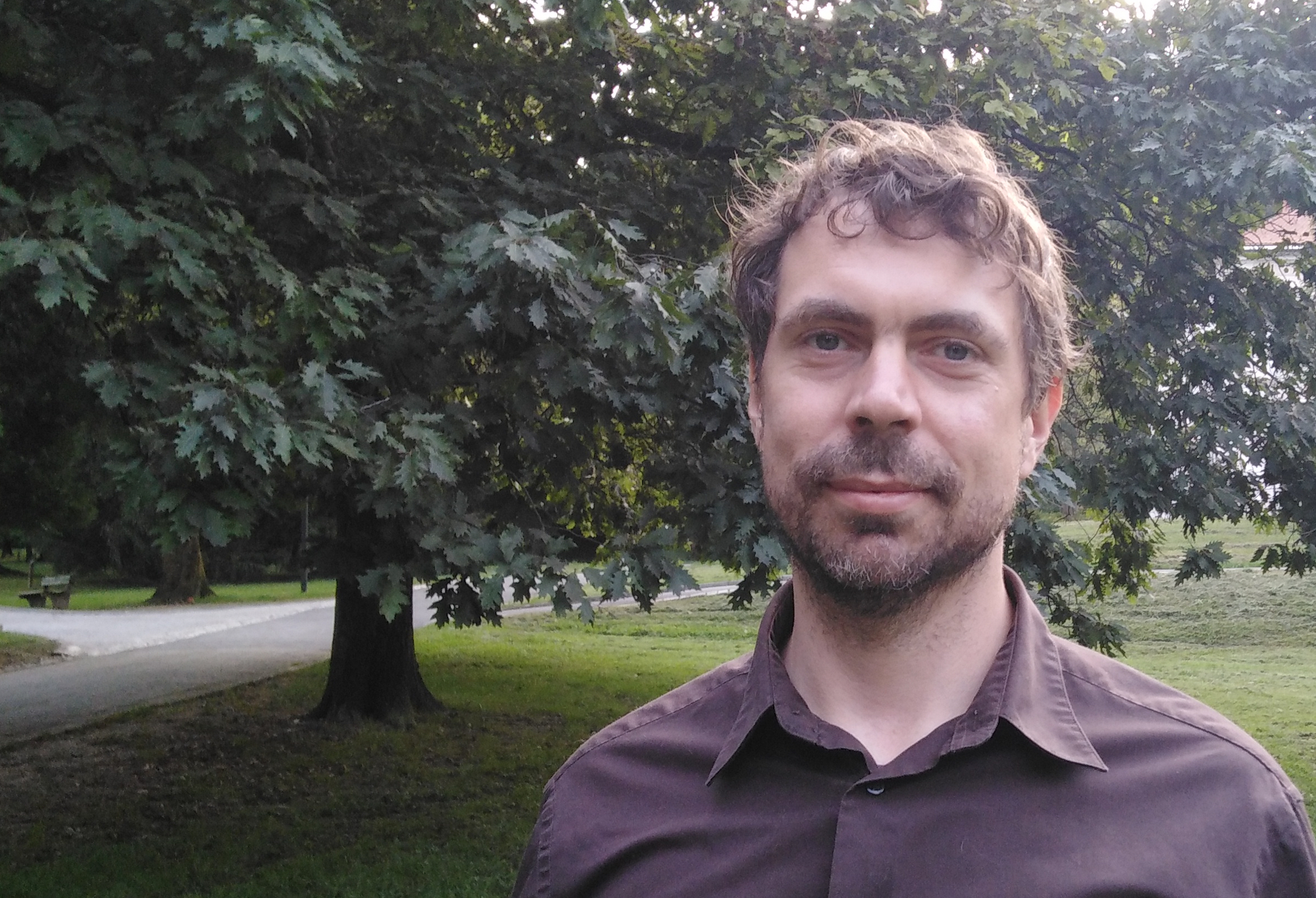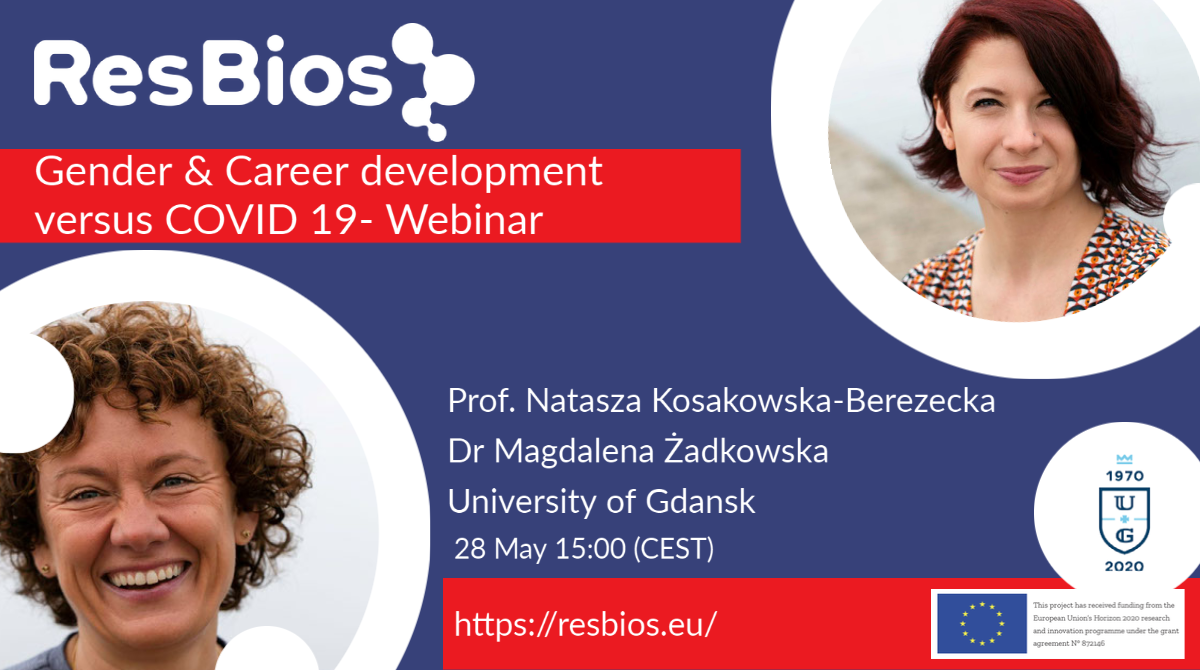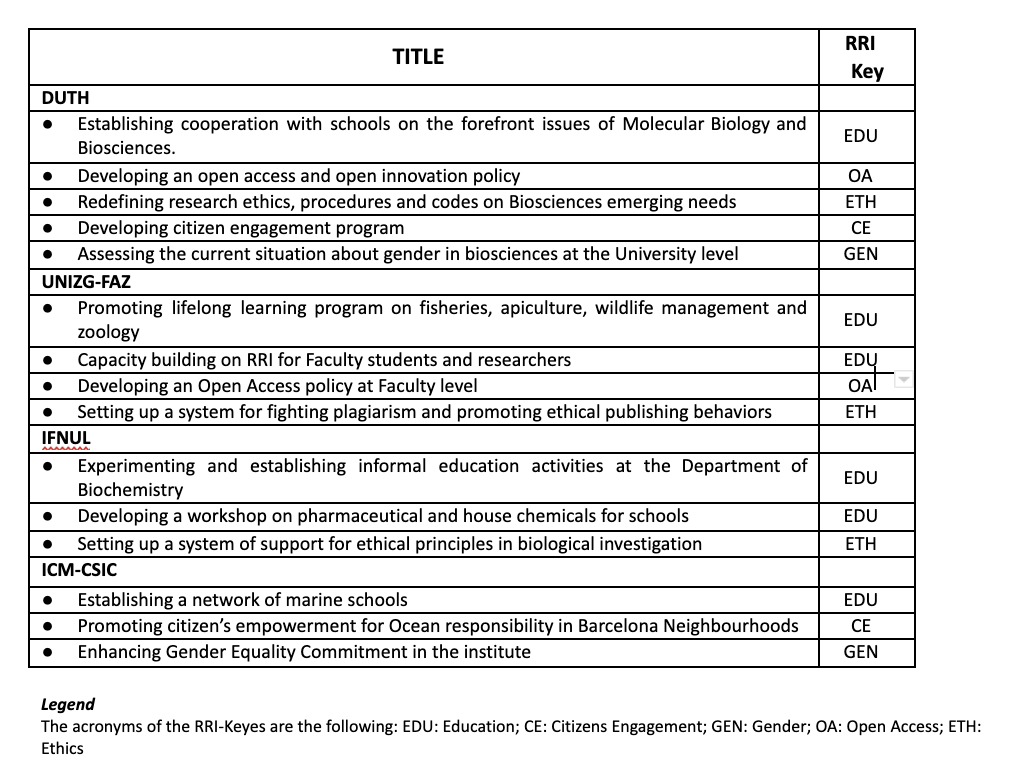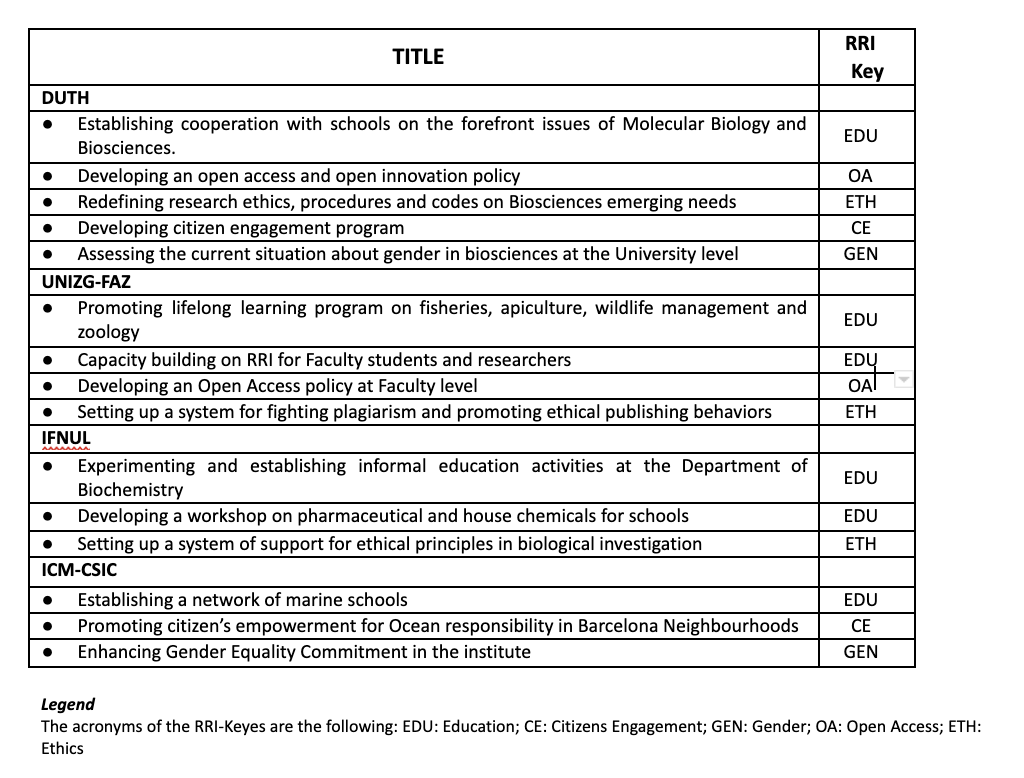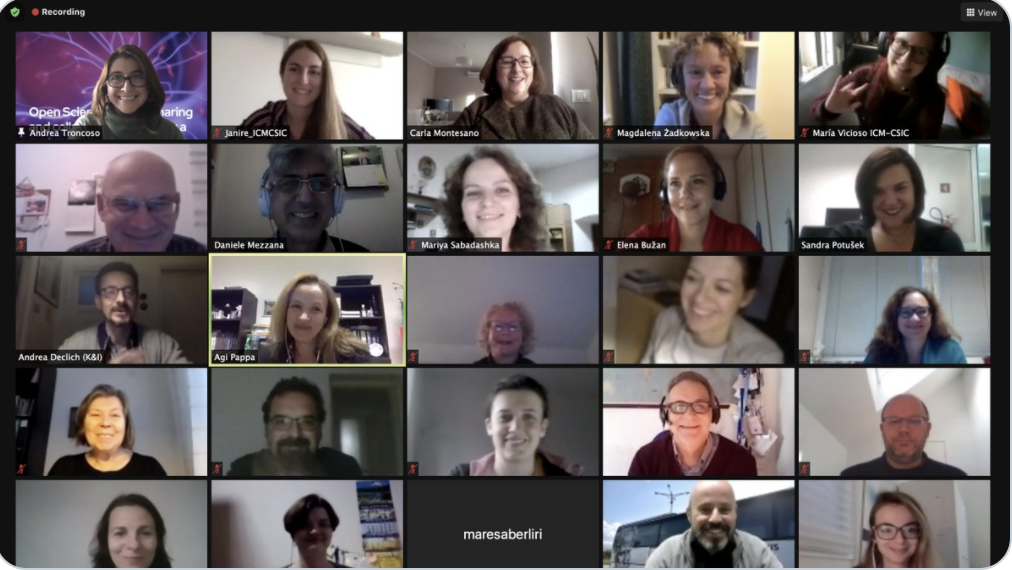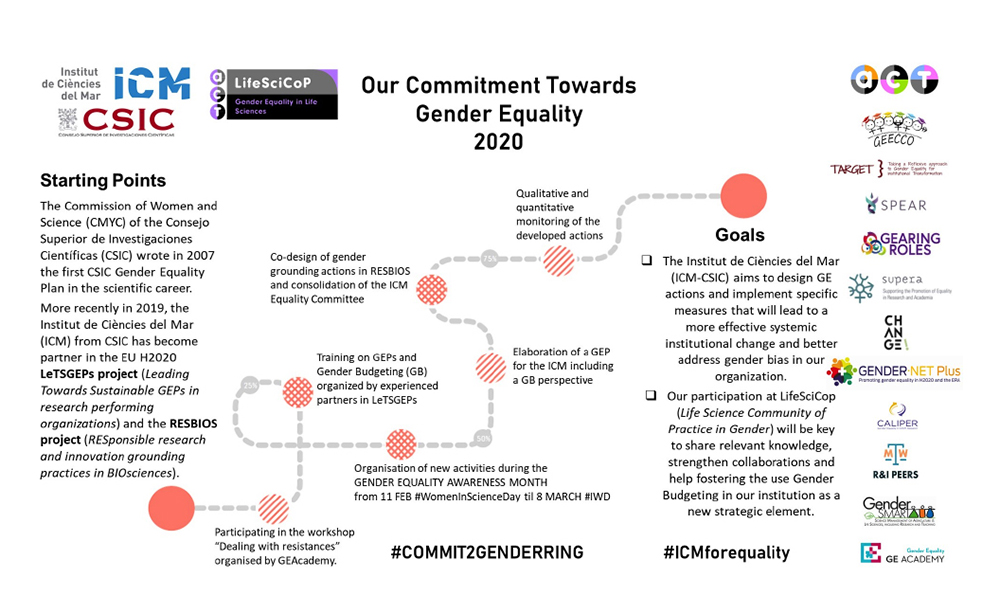THE ROLE OF ETHICS IN RESEARCH – Mutual Learning Event
THE ROLE OF ETHICS IN RESEARCH- Mutual Learning Evening
Save the date: 19th October
On the eve of Global Ethics Day, our partners at the University of Primorska will be hosting an evening of ethics! Discussing the role of ethics in research . This event will consist of two parts:
- From 16:00 the University of Primorska will lead a Mutual Learning Workshop for members of the ResBios Project.
- From 18:00 the University will host an open lecture on the current role of ethics in research, with a presentation from associate professor and senior research fellow, Tomaž Grušovnik.
This open lecture will discuss the role of ethics in research, with a particular focus on ethical methodologies and the justifiably expected results of ethical analysis.
In addition to this, Tomaž will briefly explain three general moral paradigms – utilitarianism, rule ethics, and virtue ethics, and will discuss how these ideas relate to modern reseach, and to environmental and animal ethics (land ethics and deep ecology), as well as a brief mention on the emphasis on willful ignorance.
Special attention will be dedicated to different models of professional attitudes at workplace (paternalistic, technical, cooperative, and friendly) and the web of main stakeholders in ethical judgement will be briefly presented (subjects, researchers, data, community).
To attend the open lecture on the 19th Oct at 18:00, please click here to register.
Deadline for registration is 12.00 CET on Oct 18th.
About the lecturer:
Tomaž Grušovnik is an associate professor and senior research fellow at the University of Primorska. His main areas of interest are ethics and the philosophy of education. He was a visiting Fulbright colleague at the University of New Mexico and a guest lecturer at the University of Oslo. During 2018-2020 he served as the president of the Slovenian Philosophical Society. He has written several books on his topics of interest and co-edited Environmental and Animal Abuse Denial (Lexington, 2020).
